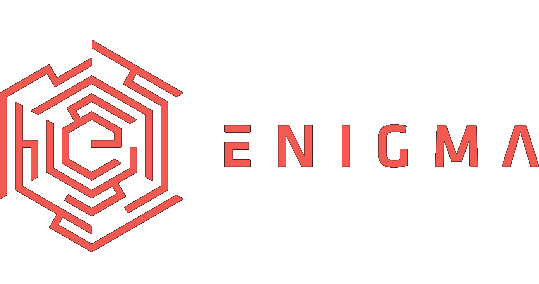J. Alex Halderman, University of Michigan
Internet voting has the potential to ease voter participation and provide a high-tech upgrade to traditional polling methods. Unfortunately, it also raises some of the most difficult challenges in computer security, due to the need to safeguard election servers and voters' computers against powerful attackers, while simultaneously protecting the secret ballot. How well can election technology defend against modern security threats? To find out, colleagues and I performed in-depth security evaluations of Internet voting systems used in the U.S. and around the world. We found staggering gaps in system designs and operational procedures—problems that would allow attackers to change votes, compromise privacy, disrupt returns, or cast doubt on election results. These case studies illustrate the practical obstacles to securing Internet voting and carry lessons for any locality considering adopting such systems.
J. Alex Halderman, University of Michigan

J. Alex Halderman is an Associate Professor of Computer Science and Engineering at the University of Michigan and Director of Michigan’s Center for Computer Security and Society. His interests include computer and network security, Internet security measurement, censorship resistance, and electronic voting, as well as the interaction of technology with law and international affairs. Named one of Popular Science’s “Brilliant 10” for 2015, his recent projects include ZMap, Let’s Encrypt, and the TLS Logjam vulnerability.
Open Access Media
USENIX is committed to Open Access to the research presented at our events. Papers and proceedings are freely available to everyone once the event begins. Any video, audio, and/or slides that are posted after the event are also free and open to everyone. Support USENIX and our commitment to Open Access.

author = {J. Alex Halderman},
title = {Internet Voting: What Could Go Wrong?},
year = {2016},
address = {San Francisco, CA},
publisher = {USENIX Association},
month = jan
}


